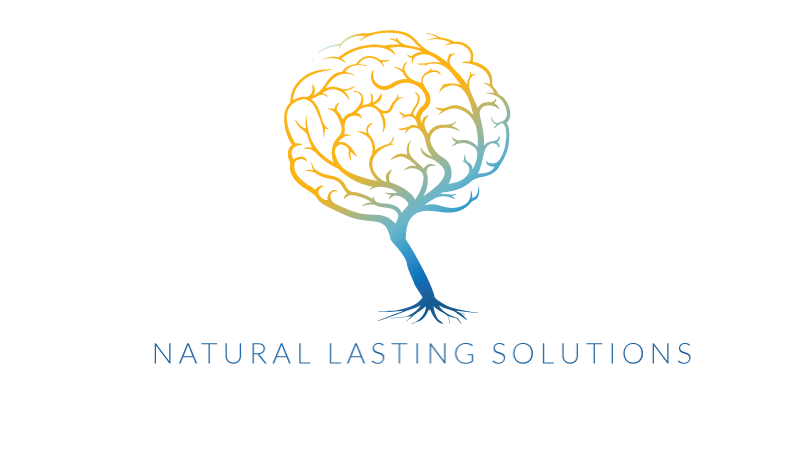JAMA Pediatrics, the peer reviewed medical journal, published results of a recent study that was conducted in Canada. The study, as you may have read in the U.K. Telegraph and Mail, concluded that use of anti-depressants in the 2nd and 3rd trimester of pregnancy, lead to an increased probability of a child born with Autism. This is a worry as currently there are 6-10% of pregnant women who are suffering from depression and taking antidepressants.
This study was well conducted, tracking just under 150,000 pregnancies. While it was briefly acknowledged in the publication, there is the aspect of hereditary factors to be considered. It has been well documented at the David Mulhall Centre over the 23 years of practice, that genetics are often the major lead to developmental conditions and likelihood of ASD. It could just be that in the test group of mothers, there was a higher percentage that were battling depression due to contending with developmental conditions of their own.
The link was more importantly made to those using SSRIs (selective serotonin reuptake inhibitors), which are also the most commonly used form of anti-depressant. However this study alone cannot prove the direct link between the two. But it is certainly a strong association to be seriously taken into account and is certainly indicative of the environmental changes in our modern lifestyle that are having negative affects of our children’s development.
As always, it is worthwhile being extremely conscious of anything consumed or taken during pregnancy, at any trimester. After the final phase of testing, pharmaceuticals are available to the public on a ‘phase IV’ testing, where they are administered to requesting patients in the US for a minimum of 2 years while being observed. This means that many medicines that are prescribed worldwide could have unknown and adverse long term effects.
The number of cases of ASD and other neurodevelopmental conditions diagnosed today continues to rise and while previously just being linked to better understanding, the rise is increasingly being linked to external environmental factors.
For example; JAMA Psychiatry published the findings of another study on the 16th December, highlighting the results that bouts of depression in preschool children affects brain development. This debunks the previous understanding that the brain developed in a predetermined way as depression was noted to have a particularly large effect on that of the brains grey matter (tissue connecting brain cells, that plays a role in the senses, emotions and memory).
The truth is that there are many different and complex parts to our growth and development, many of which are being negatively effected by changes in our modern lifestyle. These vary from even working or moving house while pregnant to different medications and stimulants (yes that includes caffeine) at different stages of pregnancy. Thankfully there is help to counteract these difficulties.
Are you worried about your pregnancy or do you or your child contend with a developmental condition or disorder? If so, get in touch with The David Mulhall Centre, where we have been working with such conditions in both children and adults for the last 23 years.
Alex Mulhall

